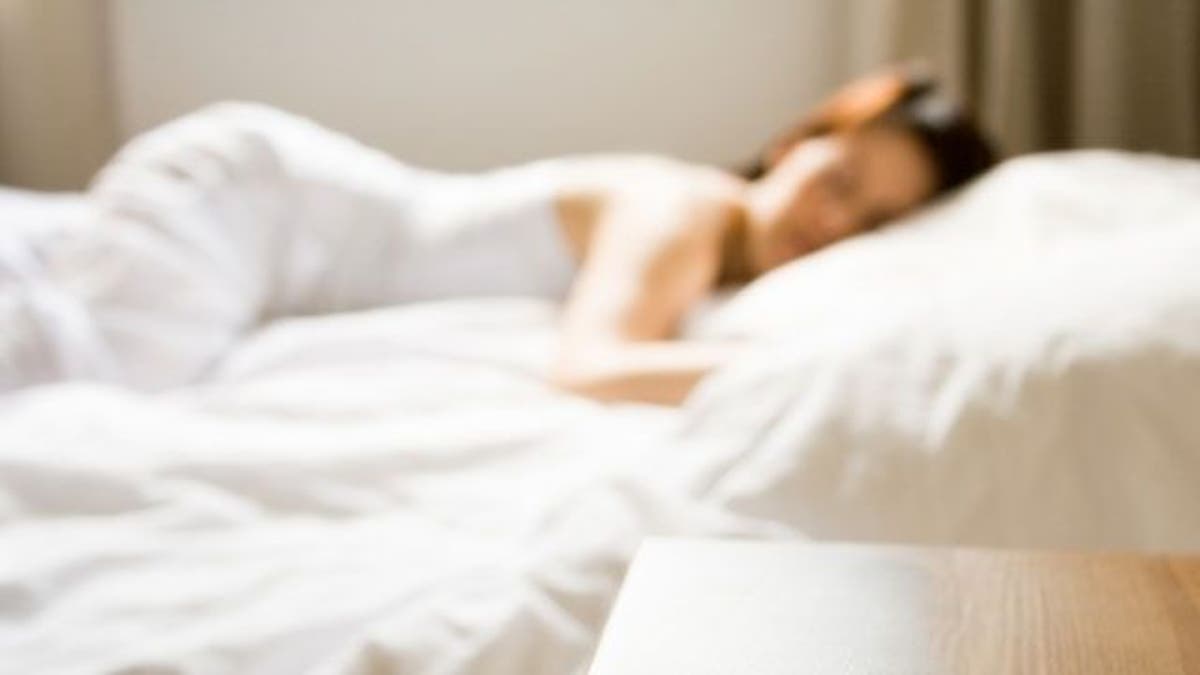
Getting adequate sleep is one of the most important things you can do for yourself when it comes to staying healthy.
According to the Centers for Disease Control and Prevention (CDC), those of us that do not get enough sleep regularly are more likely to suffer from a variety of chronic diseases including diabetes, depression, hypertension, obesity and even cancer.
Unfortunately disturbed sleeping, including insomnia, waking in the night, and sleep apnea, among others, affects millions of Americans. The National Sleep Foundation states that every year, 25 percent of Americans take some kind of medication to help them sleep.
Many sleep aids, both prescription and over-the-counter, come with a list of side effects which can include headaches, dizziness, daytime drowsiness and even anxiety and irritability. Since tolerance to some of these medications can develop quickly, chances are, if you rely on them for a long period of time, you will have to increase your dose. Making some simple lifestyle changes may help reduce the likelihood of needing sleep aids and make it easier to fall asleep and stay asleep, therefore improving your overall health.
Dim the lights
The high-tech world we live in means that many of us keep all of our lights and electronics on until right before we want to fall asleep. Studies have shown that constant exposure to bright light at night can suppress melatonin levels, which the body relies on to determine the time of day. This means that the internal clock is being thrown of, in essence tricking the body into thinking that it’s daytime. One way to deal with this is to start dimming the light around dinnertime, and continue to turn off more lights the closer it gets to bedtime. This will help your body realize that nighttime is here, and it will produce melatonin that is needed to help you fall asleep.
Unplug
Part of relaxing the body for the night means giving it time to unwind before it time to go to asleep. Putting your work away at least an hour before going to bed gives you a chance to forget about tomorrow’s anxieties, and gives the brain and the body a chance to begin to relax. Television and electronics are also stimulating to the brain and can keep you from falling asleep quickly. The blue light created by these electronics can disrupt your pineal gland, which is in charge of producing sleep hormones.
Relax
Emphasizing relaxation for an hour or two before bedtime can help get you ready to fall asleep. Decrease stimulation as much as possible, and instead, do things you find relaxing such as reading, taking a bath, meditating or starting a journal where you jot down at least one thing from the day for which you are grateful. A study in Applied Psychology: Health and Well-Being found that participants who spent 15 minutes writing in a gratitude journal every evening had less worries at bedtime, and were able to have longer, more sound sleep.
Skip dessert
Eating stimulating foods before bed also make it difficult to fall asleep. Consuming processed foods and sugars right before bed can raise your blood sugar and delay sleep. They can also wake you up in the middle of the night and leave you unable to fall back to sleep. Try incorporating a high-protein snack a few hours before bed, which can provide the L-tryptophan needed for melatonin and serotonin production. Some foods that are high in sleep-inducing tryptophan include poultry, nuts and seeds, dairy and some fruits such as mango, kiwis and bananas.
There is no quick fix when it comes to fixing months, or even years, of trouble sleeping. Incorporating each of these strategies on a regular basis can have a dramatic impact on your sleep over time. If you still have trouble sleeping, it is always best to check with your primary care physician to rule out any underlying conditions that could be causing you to lose sleep.
